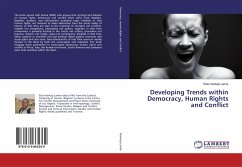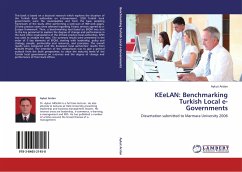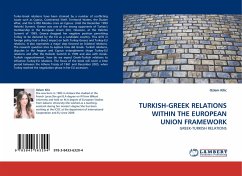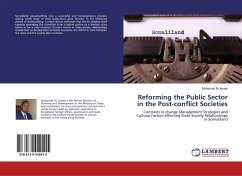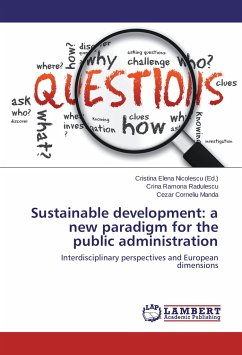
Problematizing the Patrimonialism within Turkish Public Bureaucracy
(1983-1993): The Making of Neoliberal Agenda for a Rational Productive Model of Bureaucracy
Versandkostenfrei!
Versandfertig in 6-10 Tagen
36,99 €
inkl. MwSt.

PAYBACK Punkte
18 °P sammeln!
This work is on the theme of patrimonialism whose taints have affected Turkey's transformation along with neoliberal prerequisites of the global transformation targeting a general overhaul of governmental structures all around the world. Indeed, the term 'patrimonialism' has been the background of Turkish modernity along with the country's experience in modernization. Ultimately, Turkish neoliberal transformation program was inevitably affected by the patrimonial practices. There have been many and a many study focusing upon the making of neoliberal agenda in Turkey. What this study hopefully ...
This work is on the theme of patrimonialism whose taints have affected Turkey's transformation along with neoliberal prerequisites of the global transformation targeting a general overhaul of governmental structures all around the world. Indeed, the term 'patrimonialism' has been the background of Turkish modernity along with the country's experience in modernization. Ultimately, Turkish neoliberal transformation program was inevitably affected by the patrimonial practices. There have been many and a many study focusing upon the making of neoliberal agenda in Turkey. What this study hopefully aims to achieve is to problematize the link between neoliberalism and patrimonialism in the Özal Era between 1983 and 1993. In such regard, the study utilizes a Weberian perspective which problematizes the demanding process of Turkish public bureaucracy's transformation to a rational productive model from the classical rational legal model.




